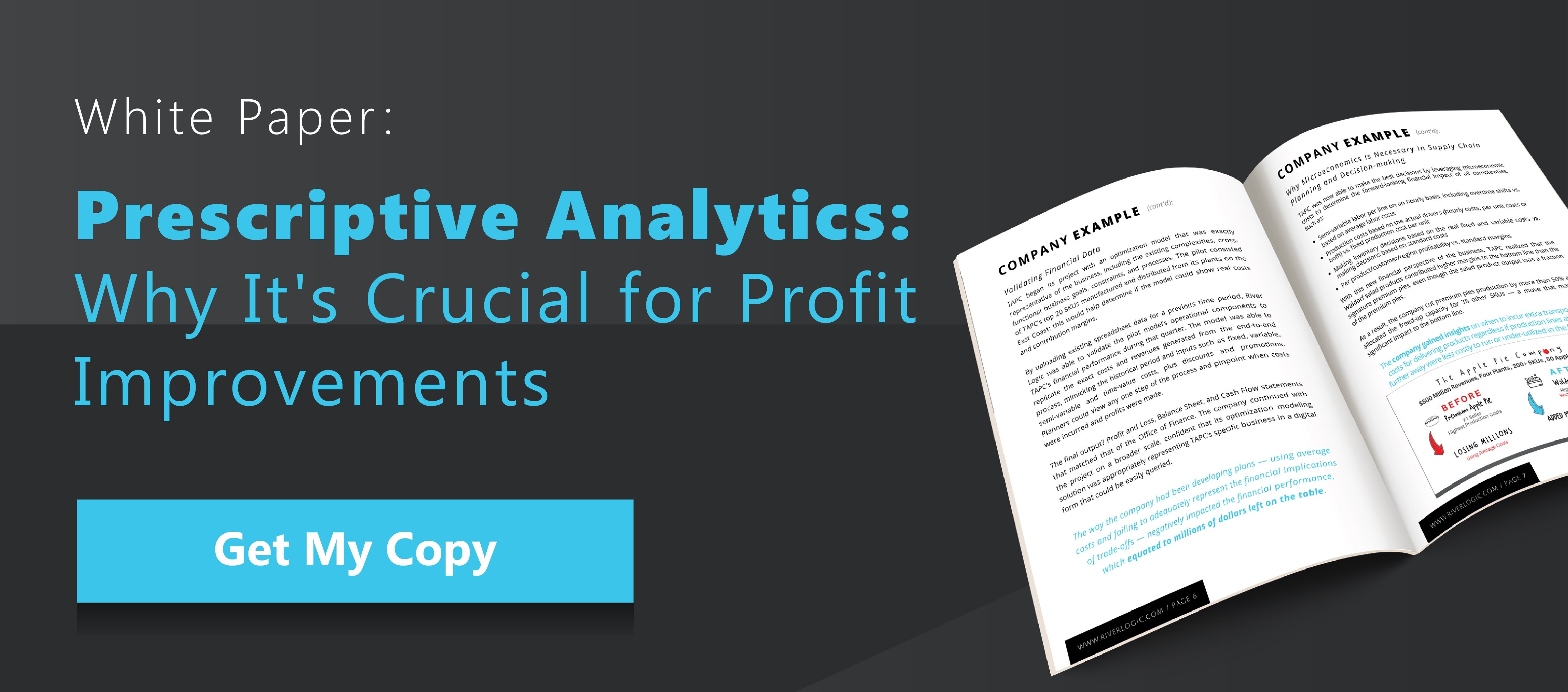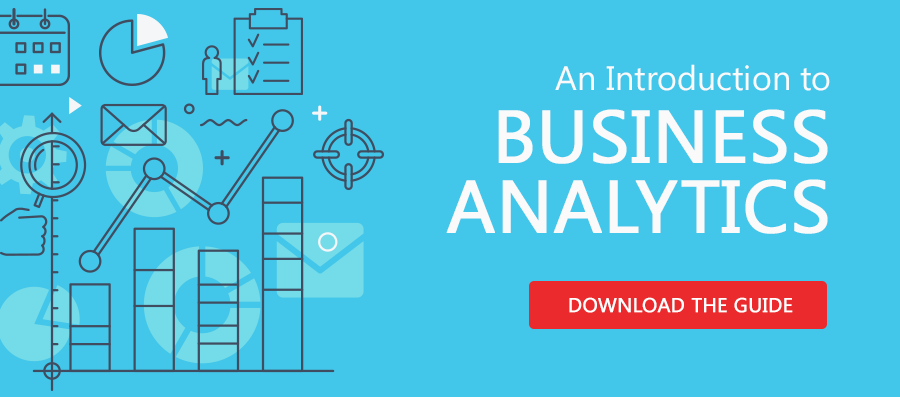From hardline strategy and actionable insights to less numbers-driven initiatives like climate change plans, CFOs face accountability for a broader range of impacts. Cost accounting or #MeToo, these varied corporate activities affect the CFO as never before.
After all, it’s the role of the CFO to ensure the corporation always has adequate funds at hand, which brings up five challenges 2019 may bring.
Finding New Revenue Streams May Mean More Acquisitions
Executives are favoring mergers and acquisitions that bring new capabilities or product lines as they seek to buoy additional revenues. Known as ‘scope deals,’ Bain & Company’s report describes how 51% of companies prefer external innovations that can be acquired rather than looking to build internally. The reasons are many, but one is that annual revenue growth rate continued to decline in 2018. The role of acquisitions for CFOs could mean anything from refereeing decision-making among company insiders who may be in opposition to conducting more in-depth analyses to determine what an acquisition can mean for the business in the long-term. Regardless, these what-if scenario skills will require an integrated business planning approach in addition to supporting technology.
New Rules and Continued Tariffs Could Bring Unexpected, Yet Favorable Results
Last year’s tariff woes seem to be on track to regaining equilibrium while new lease-accounting rules and potential benefits move to the forefront. The lease-accounting rules that went into effect January 1, 2019 require companies to report lease obligations on the balance sheets in order to be compliant. This exercise of consolidating data has provided new insights for Finance. As the Wall Street Journal reports, Tyson Foods expects to reduce $450 million in lease obligations for transportation and other areas, attributing the improved visibility for better management of the company’s overall lease portfolio.
As Big Data Owners, CFOs Become Chief Integrators in Strategic Planning
Almost 4 billion humans use the internet daily, up 7.5% from 20161, generating 2.5 quintillion bytes of data every day; corporations are contributing to the data deluge!
In many companies, big data ownership has gravitated to the CFO with the ability to maintain and utilize data shared by other business units. As strategy, finance, and operations align to support business continuity, manage risks, and improve profits and margin efficiencies, the CFO is in the logical position to become Chief Integrator, using financial outcomes to support the power of decision-making that big data can provide. This change means the CFO must bring together the Chief Supply Officer, Chief Information Officer, and others with a communications plan that speaks a common language.

Disruptive Technologies Impact the CFO Role, Too.
Blockchain, Augmented Reality (AR), Virtual Reality (VR), and Internet-of-Things (IoT) technologies are poised to disrupt business as usual with innovative tools to enhance a company’s products and services. Then, there’s artificial intelligence and machine learning, improving existing systems and automating human ones. While all of this sounds like good news, the price tag implications fall on the CFO.
- Is there an accurate assessment of potential savings, risks, or increased profits?
- Are other considerations like cybersecurity threats fully accounted for when deploying these new technologies?
- How will disruption affect other areas of the business?
Ultimately, the immediate and long-term costs with impacts to the bottom line will need to be considered by the CFO.
The Price of Corporate Social Responsibility
Like the need to consider the costs of technology and acquisitions, the financial controller of corporate social initiatives falls within the realm of the CFO. Unanticipated actions such as Starbucks’ announcement last year to phase out plastics creates a cultural shift with other business leaders, too. These shifts leave CFOs evaluating scenarios like:
- What does that mean for capital expenditures?
- What other dependencies are affected by the transition to new materials, machinery, or finished goods, and at what cost?
- How do these adjustments translate to long-term planning and forecasting?
What does a CFO do? If you’re asking, this may be a glimpse of the role in 2019!
1How Much Data Do We Create Every Day?, Forbes, May 2018




